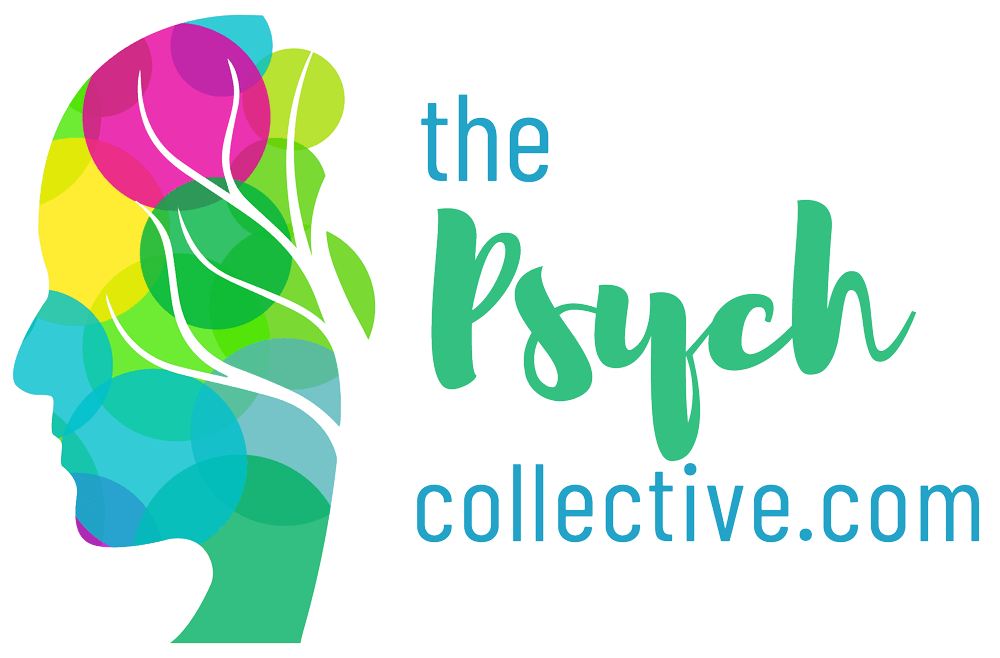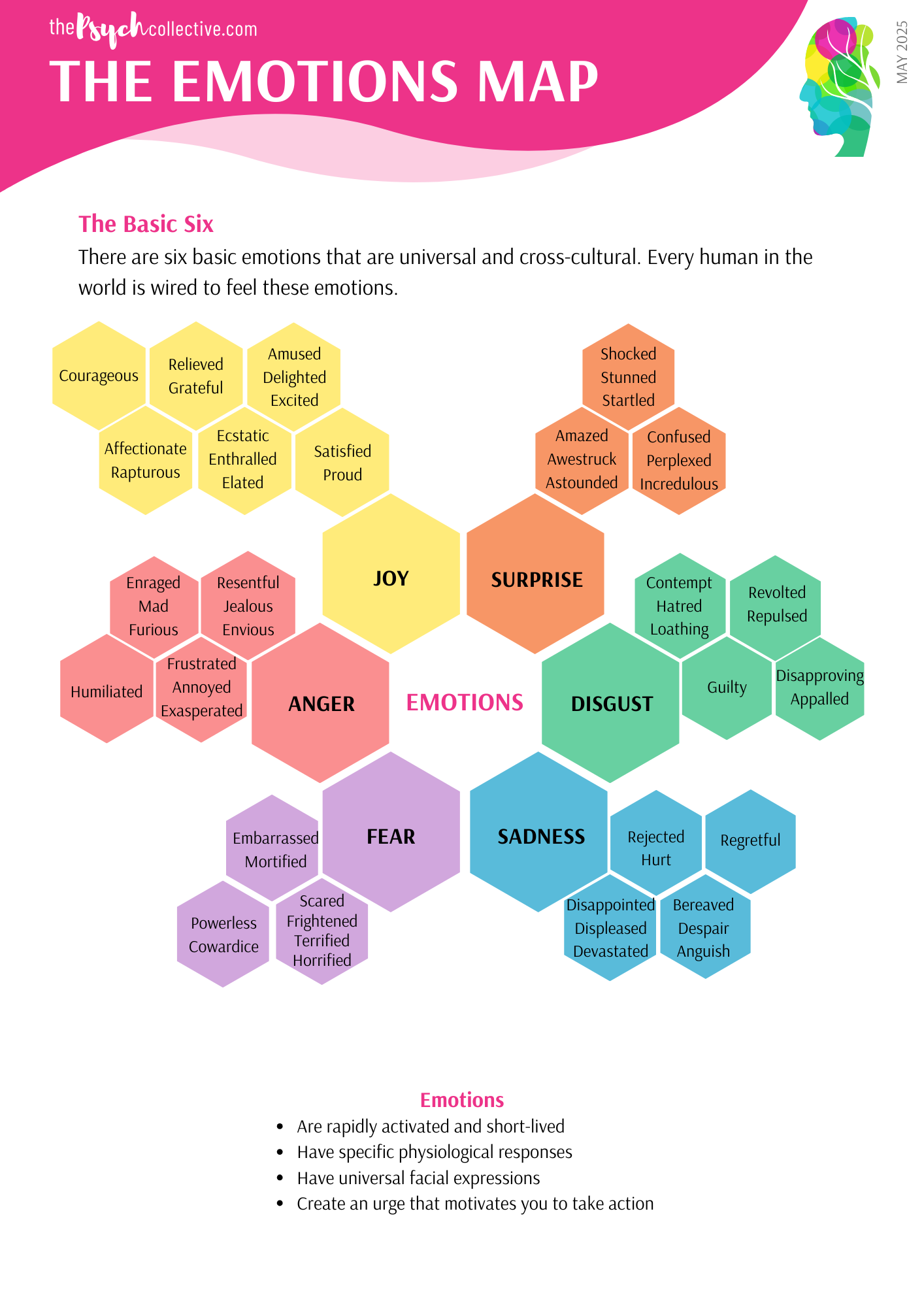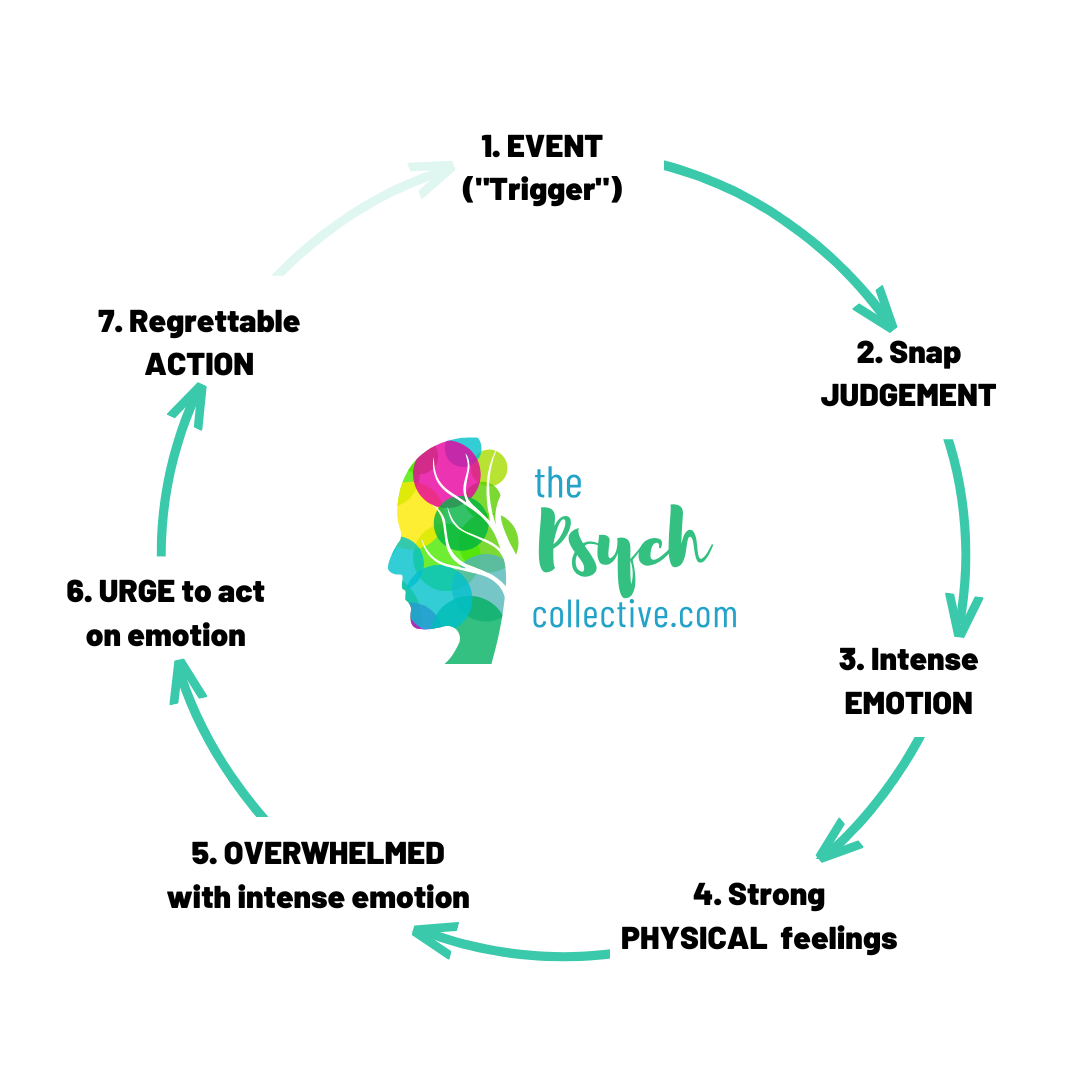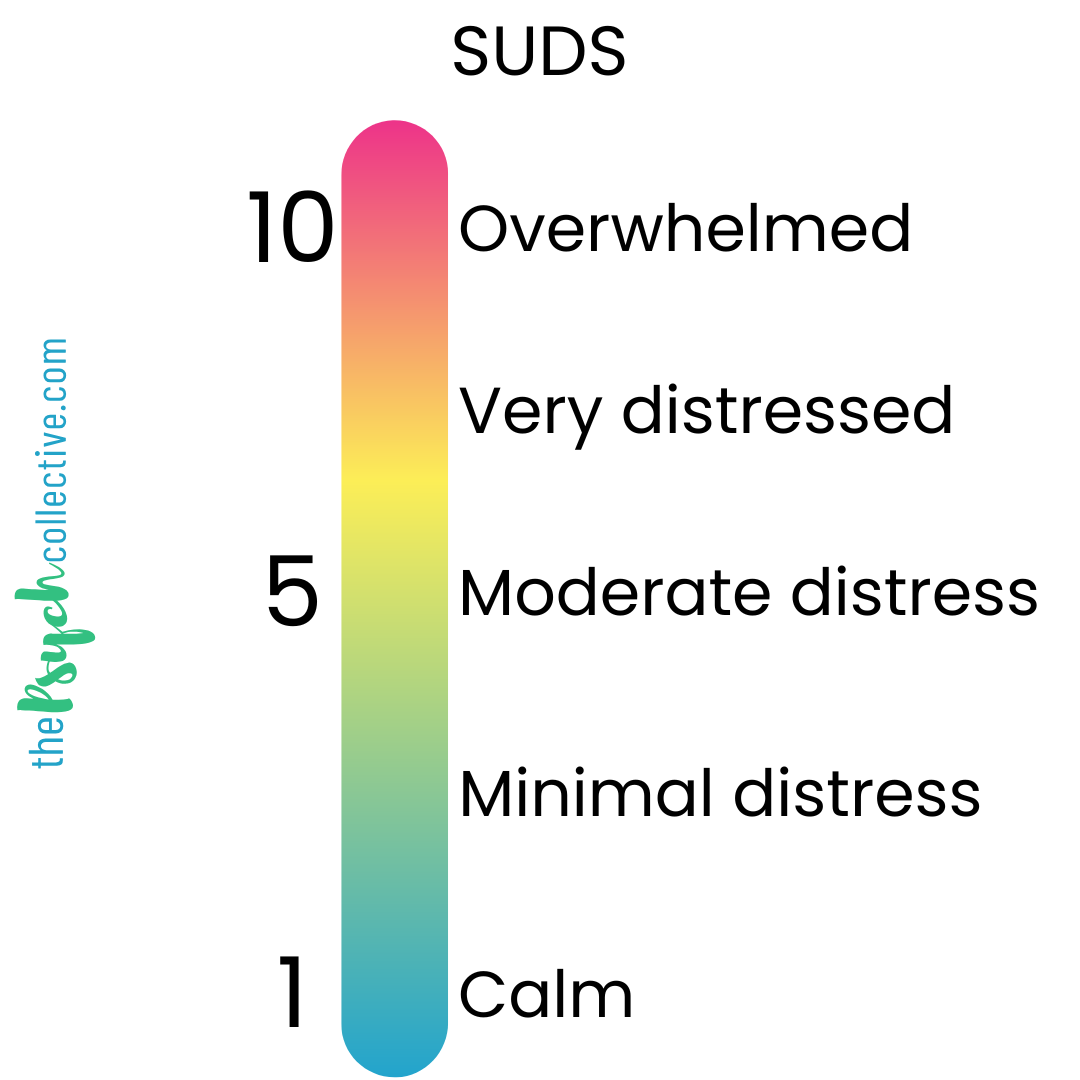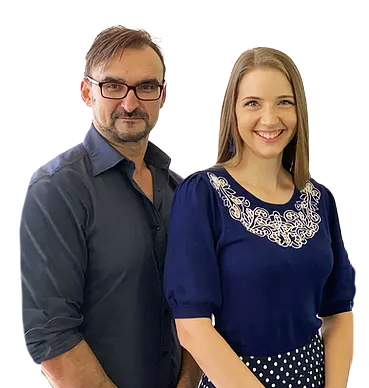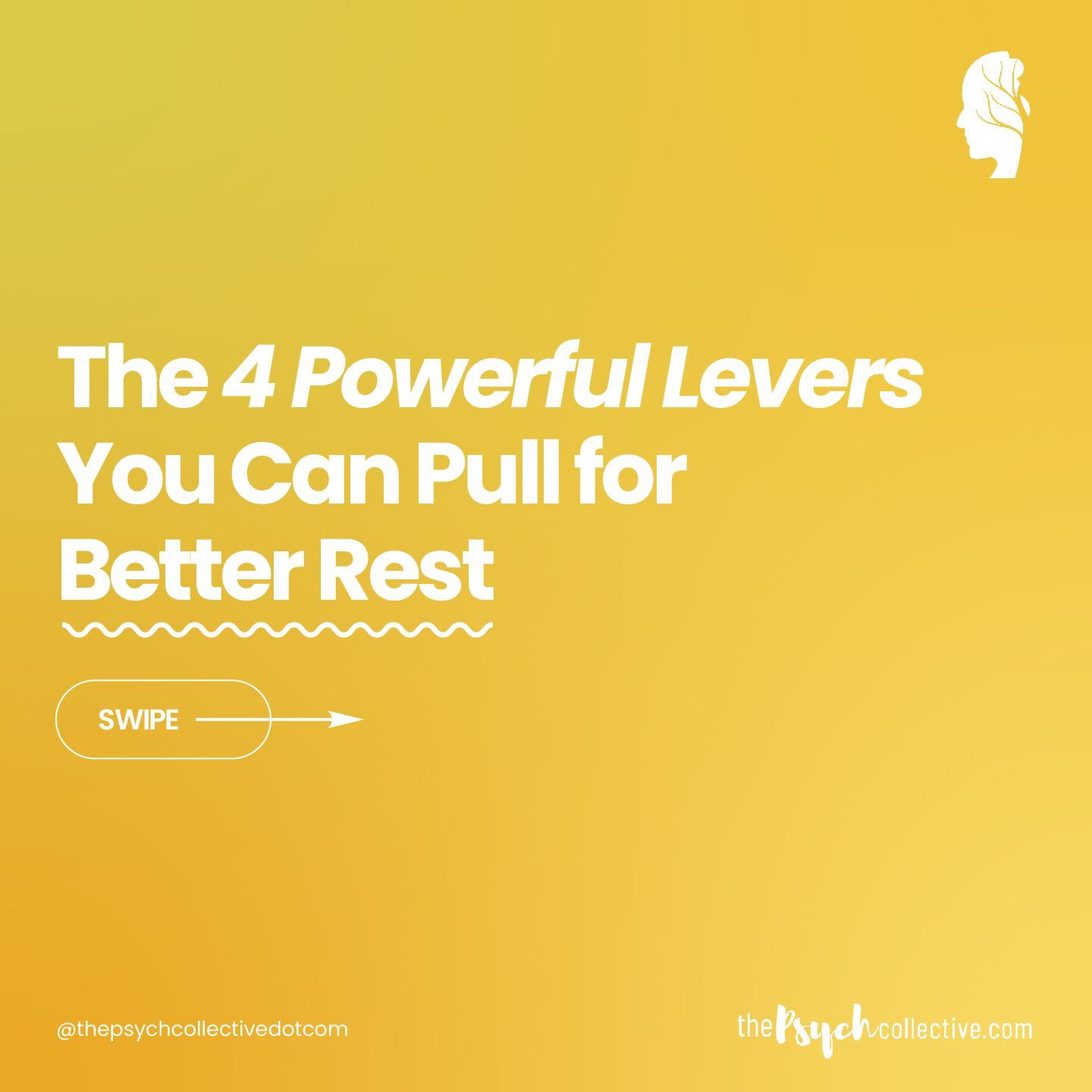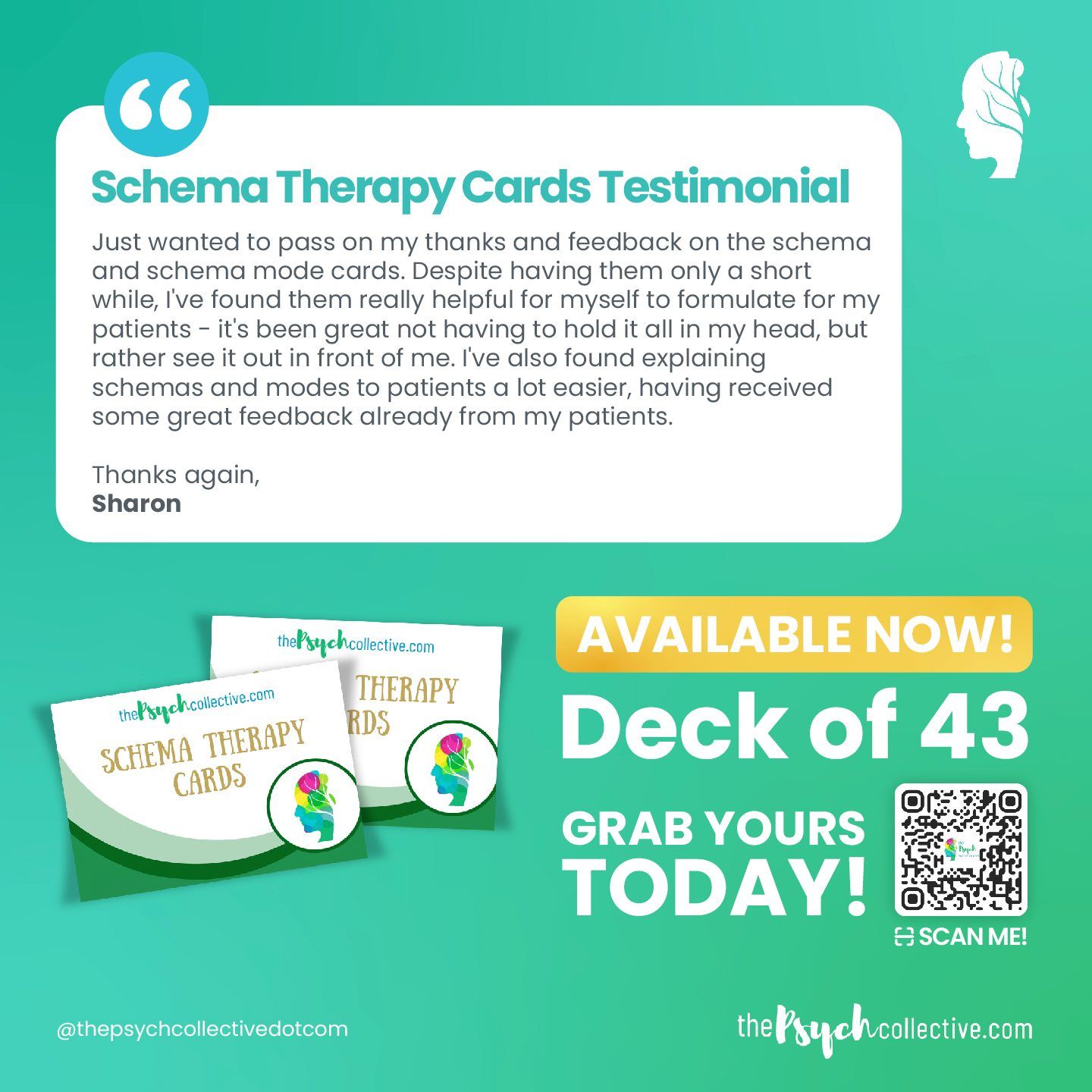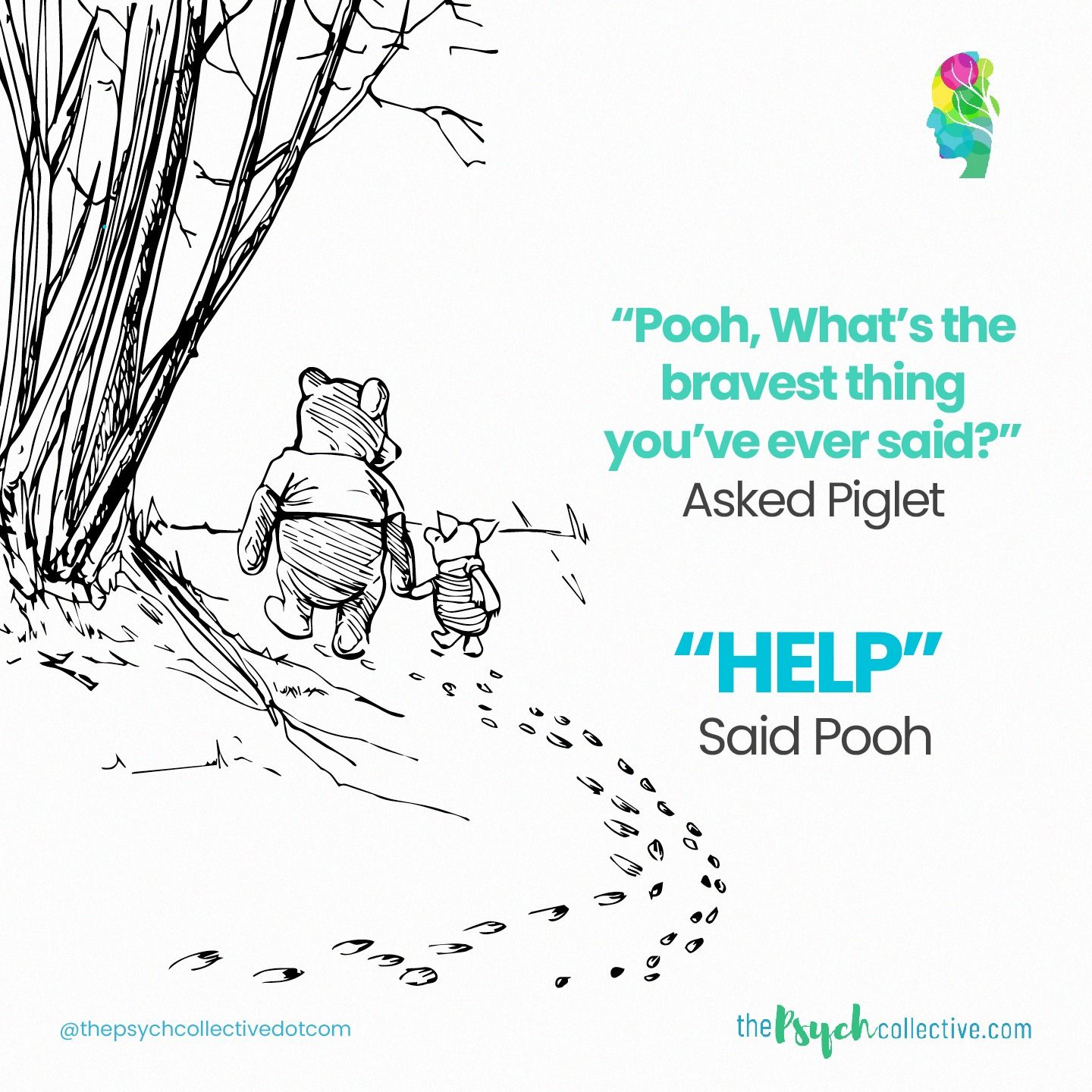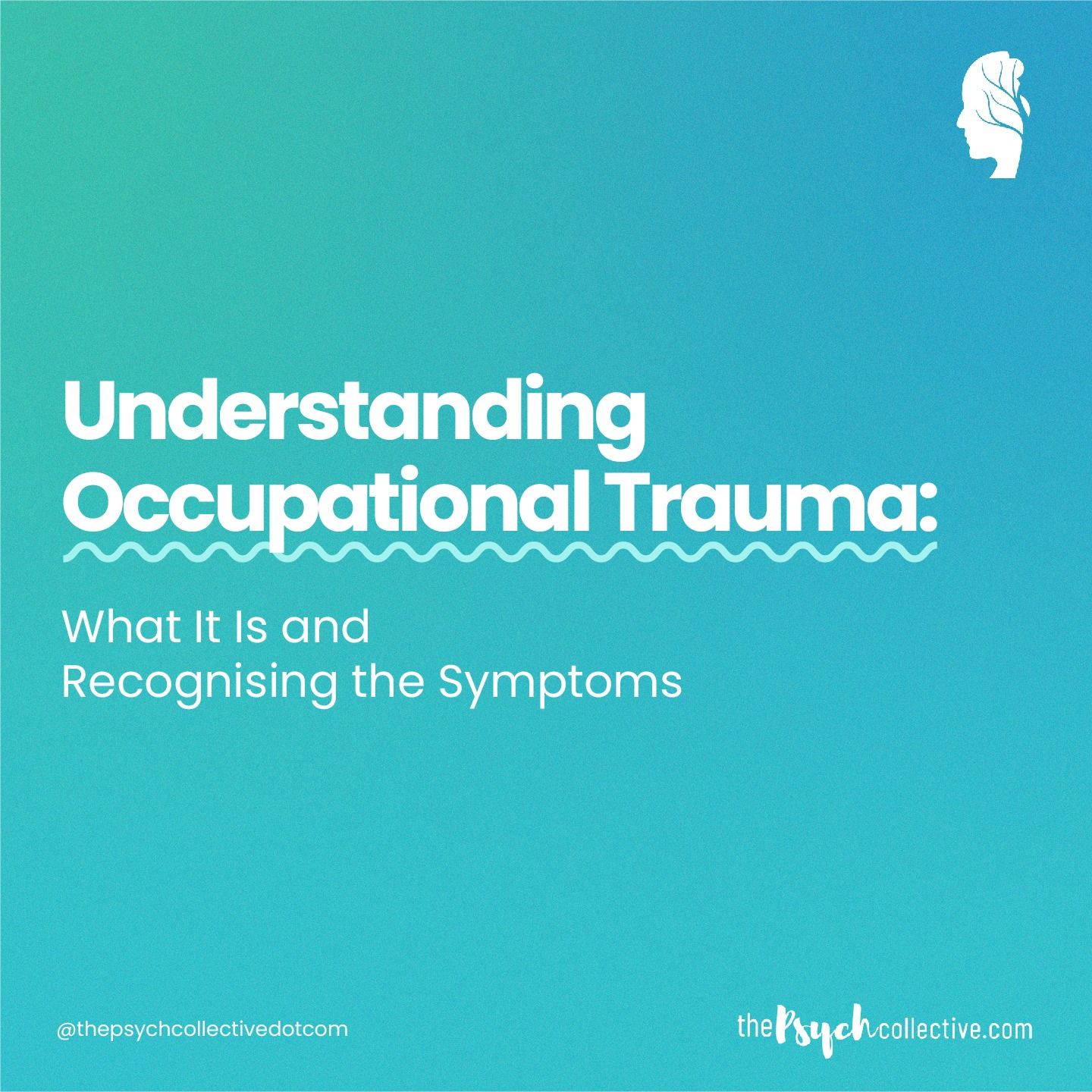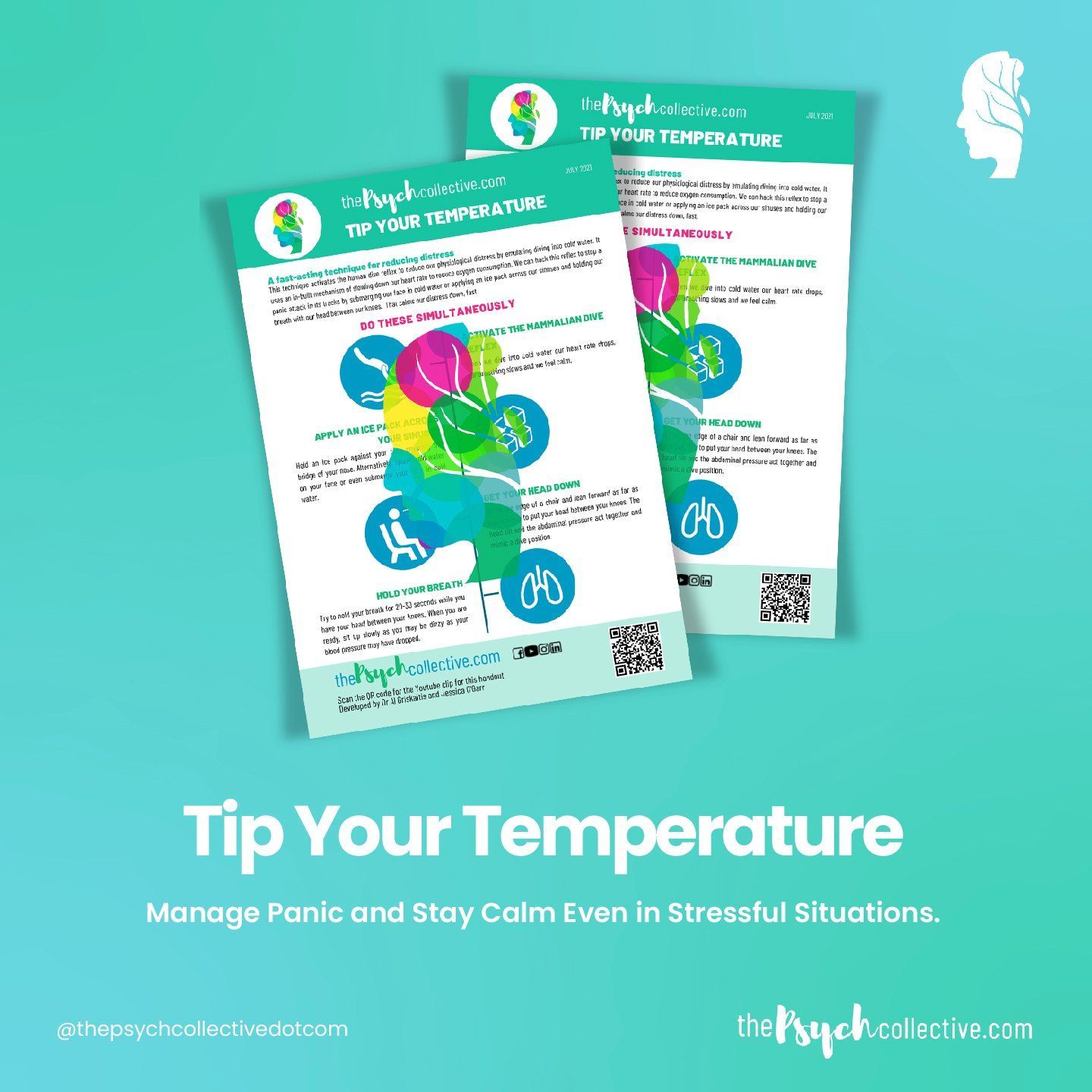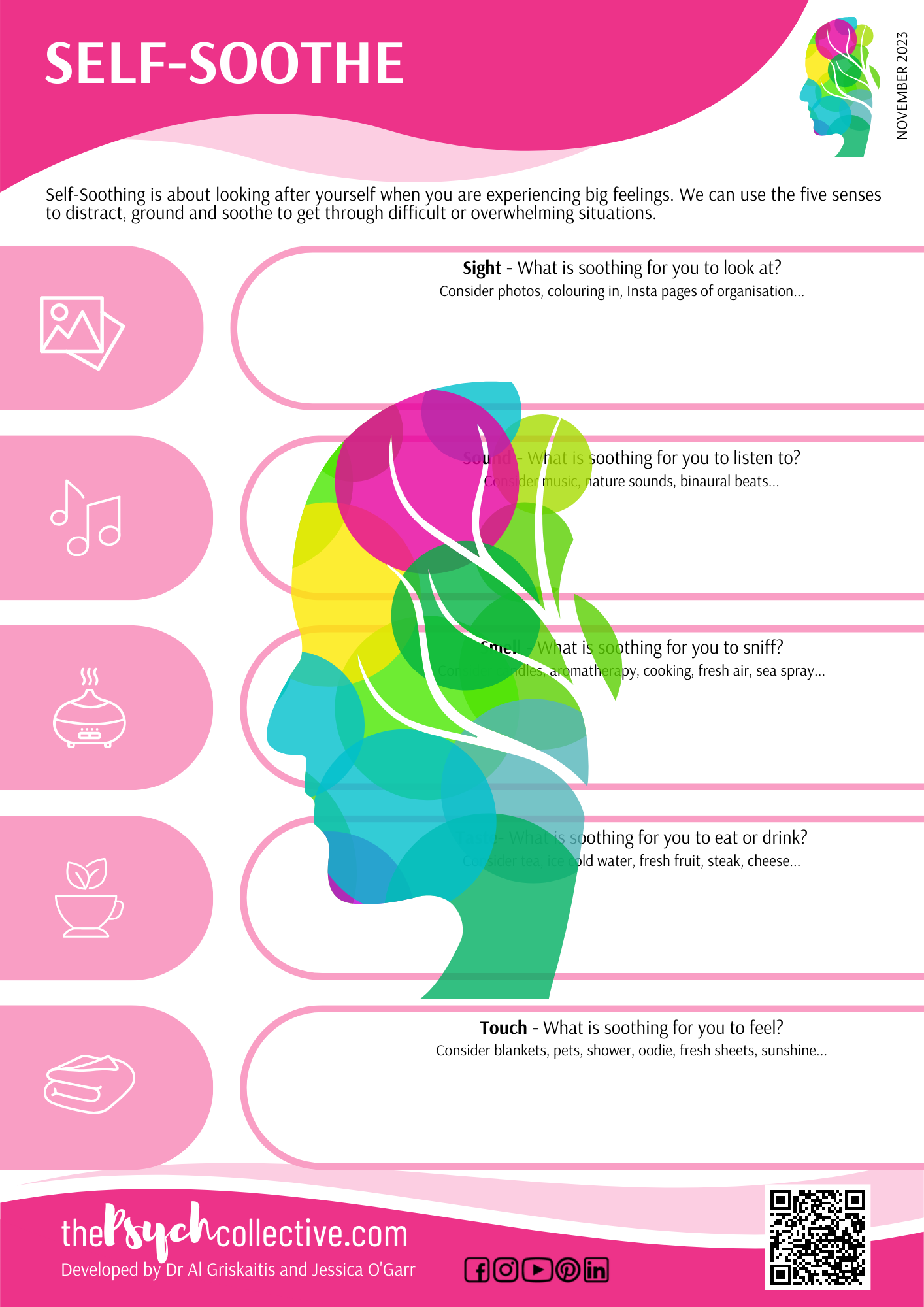Mindset Matters
Are you a lion or a bunny rabbit?
If you're avoiding something because of fear, the only way to resolve this is with exposure. Start approaching it. Start somewhere, it's okay to start small, but do it several times a day. Exposure work takes a lot of courage and your success is largely determined by your mindset.
Here are your two options:
Bunny Mode (Prey):
"My therapist says I have to do this exposure task, but I don't want to. It's going to be horrible. I'm just going to grit my teeth and get through this as quickly as I can (and be freaking out the whole time)."
Most people resort to using grit when doing exposure work. Grit is when people just endure the feared thing. It's painful and grit is not as effective as courage.
Lion Mode (Predator)
"This is going to be difficult but it is important. I understand that I need to face my fears to overcome them so I am going to be courageous and use my skills to manage my anxiety as I complete my exposure task. I'm a bit scared but I can do this anyway."
If the anxiety is about your thoughts, face the thoughts head on. If it’s a phobia, face it. You will need to break it whatever it is down into manageable pieces -but attack it in earnest. A psychologist may help you with an approach to this.
It's definitely not easy. Exposure therapy requires you to summon up all your courage. Humans have survived vicissitudes for our entire history. So there's more to you than you think. You need to tap into the lion within. Being a comfy bunny rabbit and not facing anxiety is what perpetuates anxiety.
Adopt a courageous stance when you are facing your anxieties. A courageous stance will help you feel more courageous. If you are hunched over making yourself small, you will feel less courageous. Start where you can and stand courageously. Clench your fists. Take up a stern countenance. Try to feel as formidable as you can. Embody courageousness.
Most people think exposure therapy is all about habituation. But there's two factors at play in exposure therapy, there's 'habituation' whereby it's thought we get used to the feared thing by repeated approach. But more importantly, if we use courage we learn to become courageous. We can then apply courageousness in our lives beyond our anxieties.
Share
Categories
About Our Resources
We offer actionable resources and teach real skills to help people make meaningful change in managing mental health issues through different modes depending on people's learning preferences including infographics, text, worksheets, handouts and video.
